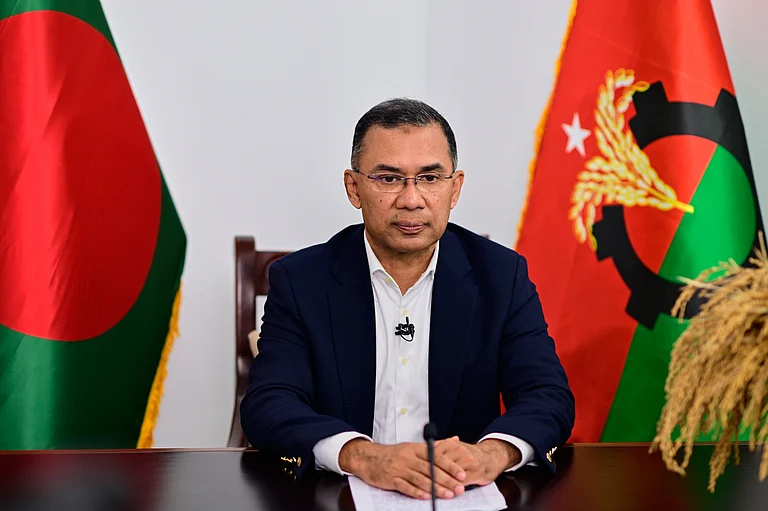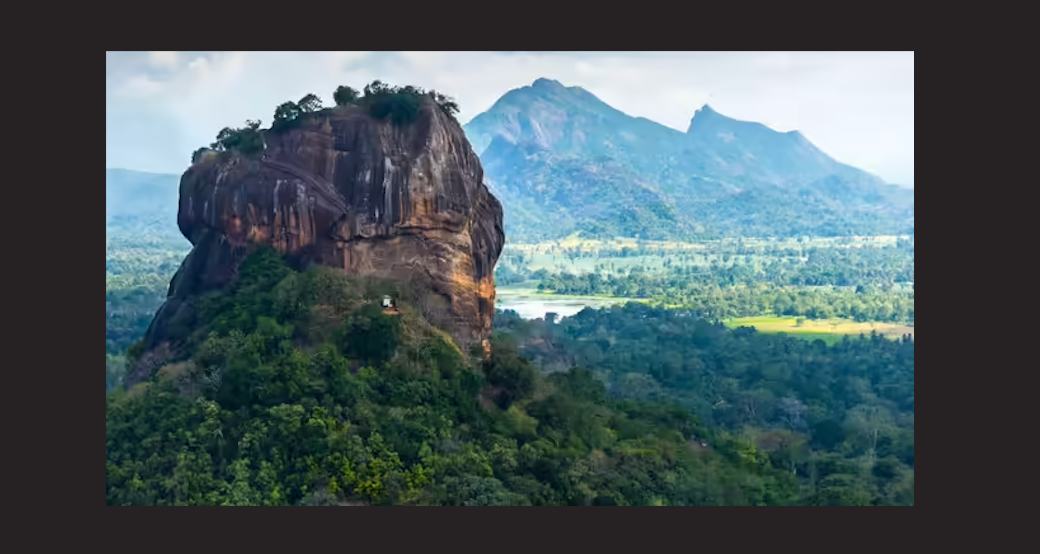There is a nagging sense of disconnect, an alienation and erosion of identity that irreversibly alters or impairs their intrinsic nature ‘of belonging’, a basic human instinct
PRAVASISAMWAD.COM
Poets use language with telling effect to create verbal imagery that seems to have a three-dimensional quality about it. They have an extraordinary ability to distill complex thoughts and ideas into a few lines – a heady potion of pure wisdom. And their poetry blends transcendence with touches of impressionism, transforming communication into a magical and unforgettable experience.
A mistaken belief persists that poets mostly write about romance and love – unrequited love, the sorrow of parting and a never-ending hope of reunion. But poetry explores every facet of human life and death – physical, sensual, metaphysical, spiritual.
A lot of their writings also centres around a pain, anguish, a lament about living in a state of displacement in a ‘home-away-from-home situation. There is a sincere ring of empathy as they voice their own concerns or come to terms with perennial existential questions like “Who am I?”, “Where do I belong”? Or “where am I going from here?”
They are torn from their roots and scattered far and wide ‘people of the diaspora’ suffer similar pangs of perpetual loss. At a subconscious level, there is a nagging sense of disconnect, an alienation and erosion of identity that irreversibly alters or impairs their intrinsic nature ‘of belonging’, a basic human instinct.
“Impressions & Expressions: Anthology of Contemporary International Poetry ” edited by Amita Sanghvi is a riveting anthology of 150 poems by 24 persons from India, Oman, USA, Canada, Bhutan, Kenya, Greece, Italy, Austria, Japan, UAE and Turkey.
Some of these poets live away from their homelands, trying to blend in with another culture at a superficial level. But deep within, a lingering sadness and pain troubles them; their only comfort and catharsis comes from their poetry.

Image Courtesy: Counter Currents
Both Agha Shahid Ali and Kavita Ezekiel Mendonca, poets of Indian origin, have portrayed separation from their homeland in different ways.
Born in Delhi (Feb 4, 1949 – died Dec.8, 2001), Ali was a Kashmiri-American poet. He grew up in Kashmir and migrated to the US in 1976. A student of Burn Hall School, which would later become the University of Kashmir and Hindu College, University of Delhi.
Amita Sanghvi’s recent recitation of his poem “Postcard from Kashmir”, from his collection “Half-Inch Himalayas” on YouTube, reveals the full import of Aga Shahid Ali’s anguish. It is brilliantly conveyed with quiet dignity; there is no rancour or bitterness in his lament; just a gentle trace of sadness.
He later completed his PhD in English from the State University of Pennsylvania in 1984 and MFA from the University of Arizona the following year.
Ali’s literary works include A Walk Through the Yellow Pages, The Half-Inch Himalayas, A Nostalgist’s Map of America, The Country Without a Post Office, and Rooms Are Never Finished, the latter a finalist for the National Book Award in 2001.
He died of brain cancer in December 2001 and is buried in Northampton, in the vicinity of Amherst, a town sacred to his favourite poet, Emily Dickinson.

Amita Sanghvi’s recent recitation of his poem “Postcard from Kashmir”, from his collection “Half-Inch Himalayas” on YouTube, reveals the full import of Aga Shahid Ali’s anguish. It is brilliantly conveyed with quiet dignity; there is no rancour or bitterness in his lament; just a gentle trace of sadness.
He talks about reduction as a metaphor. The ‘One-inch” Himalayas refers to snow-covered mountains of Kashmir as depicted on an Indian postage stamp. When he says “Kashmir shrinks into my mailbox my home a neat four by six inches”, is a poignant and powerful reminder of what his Kashmir has been reduced to, a mere 4×6 inch postcard.
Just two lines convey the loss of a homeland and the exodus of a people.
Contemporary poet Kavita Ezekiel Mendonca is a second-generation poet born and raised in Mumbai.

Following her early education from the Queen Mary School Mumbai, she finished her BA in English and French. She later took an MA in English and American Literature from the University of Bombay, plus a Masters in Education from Oxford Brookes University, England. She has taught English, French and Spanish in various schools and colleges in India and abroad.
Her father, Nissim Ezekiel was an Indian Jewish poet, actor, playwright, editor and art critic. He is regarded as one who laid the foundation of Independent India’s literary history, specifically Indian Poetry in English.
He is a Padmashri and Sahitya Akademi award winner
Kavita’s first book, Family Sunday and Other Poems was published in 1989, with a second edition in 1990. She manages her Poetry page at https://www.facebook.com/kemendoncapoetry
She now lives in Canada. Her poems have the lightness of a summer breeze. But in between, you also sense a wistfulness of her childhood days in Mumbai, outings on the beach, enjoying bhelpuri. But then again, it is just as possible that her heart loves and beats just as strongly for her ‘settled’ the second country.
The most amazing feature of some of her poems is how she builds stories within her poems, basing it around silent letters that say something without saying anything at all.
In her poem ‘Tsunami’, Kavita says in the last lines of the first verse:
“The silence of the T in this word
holds power
The power to destroy”
In “Saying Twilight in Two languages” she misses how her mother would say it in Marathi, but how her daughter cannot because she’s been brought up in the environment of another language.
Her’s is a subtle interplay of words and letters and how they behave in the context of different cultures. To some extent, it is an attempt to examine what happens in the process of cultural adjustments.
Perhaps a similar adjustments occurs when people migrate to other countries.
On the occasion of India’s 75th anniversary of Indian Independence, Kavita Ezekiel’s latest poem “India reborn in my soul” was presented as a video recitation on August 15 by Amita Sanghvi. The response to it has been amazing.
It captures in kaleidoscopic images the real essence of the spirit of India: its overwhelming, all-encompassing and teeming hustle and, noise, clamour and commotion, so typical of Indian cities – crowds in trains, sometimes perched on compartment roofs, queues at bus stands, the din of traffic.; a potpourri of sights, sounds and flavours.
In her poem, Kavita recalls the welcoming chorus of “chai”, “chai”, “Chaiwallah” from tea sellers on railway platforms as you travel by train from anywhere to anywhere.
By contrast the silence and quiet in her adopted home, Canada, is “…..deafening; much too quiet….” The poet helplessly pleads “speak to me, it is lonely …” and then again “make some noise please, it’s lonely here…..”
Earlier she says “…..I’ve forgotten why I came here ……. Only running and endless soul-searching …..”. And towards the end a helpless resignation to circumstances that “the choice is made…..” The poet also recalls the delightful enjoyment found in cups of tea and hot samosas “Those smells are alive in my soul…..”
In many respects the loneliness of immigrants is similar. Scattered far and wide far from their roots, families, homes and homelands, ‘people of the diaspora’ suffer from a perpetual sense of loss. At a subconscious level, there is a gaping disconnect, alienation and erosion of identity that irreversibly alters or impairs their intrinsic nature ‘of belonging’, a basic human instinct.
The Indian diaspora – commonly referred to as NRIs (Non-Resident Indians) and PIOs (Persons of Indian Origin) – is perhaps one of the largest sub-groups among Asian immigrants around the world.
As in preceding years, Indian immigrants have been celebrating India’s 75th Independence Day anniversary with pride and joy, perhaps on a far grander scale than ever before.
But deep down inside, a vacuum remains. For many, there are mixed feelings as well because they’ve grown to love their second home, too.











